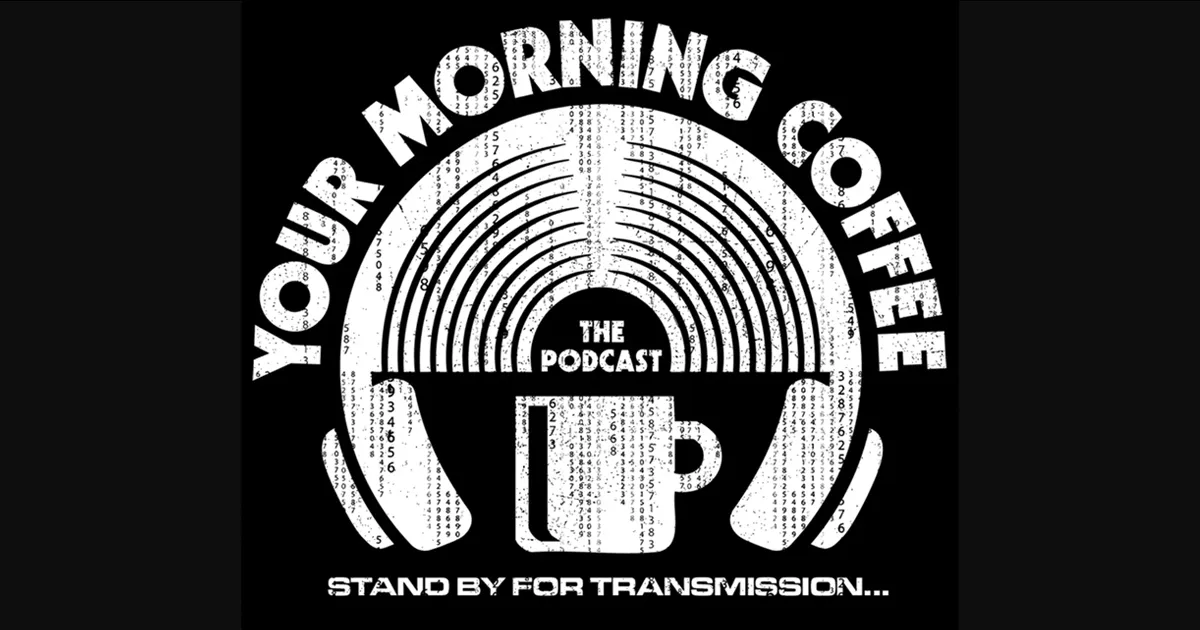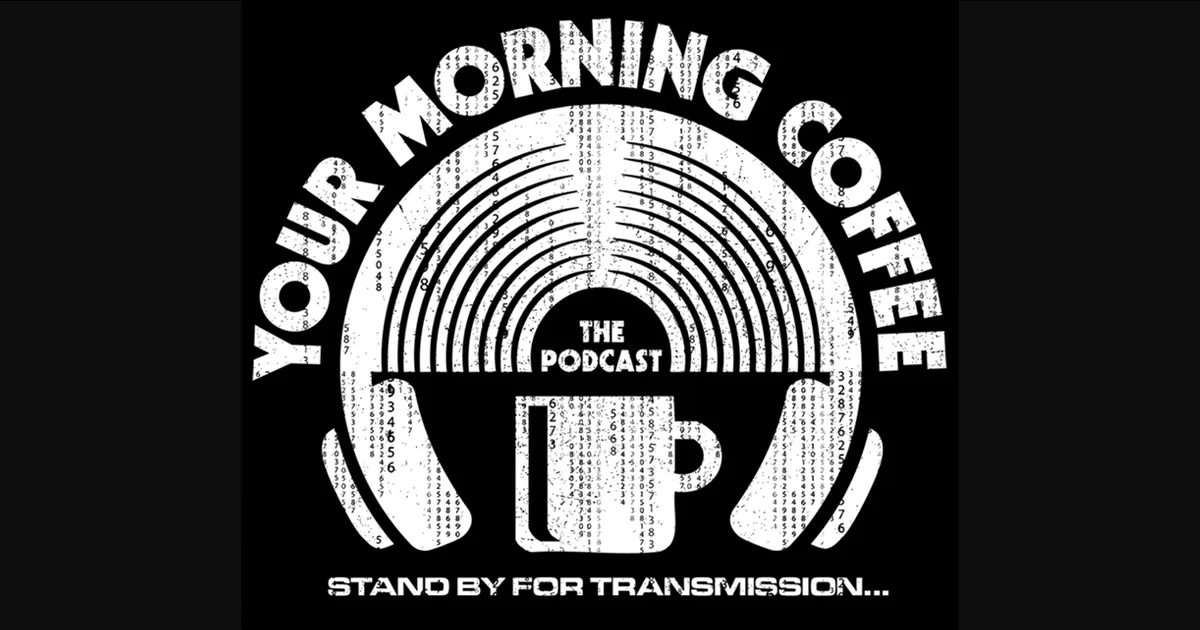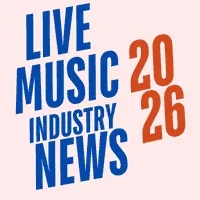Guest Post by David Lowery on The Trichordist
That’s right, broadcasters are proposing a payola waiver from the FCC. Here is the document they filed with the FCC. Read it for yourself. It freaking unbelievable. PDF below or you can read it on the FCC website here.
Paying for airplay is not actually illegal. As long as a radio station announces to its audience that the track you are about to play (or just played) is”sponsored” and who has “sponsored” it, no penalty.
Although this requirement is weak, it has largely ended (blatant) payola**. Having to announce this puts label, artist and radio station in awkward and unflattering position.
So big broadcasters are asking for a waiver that would change the way this rule works. They propose phasing out this requirement in two steps. First they want to lump all the “we accepted payola” announcements into a single announcement broadcast 3 times a day. The idea here is you wouldn’t really know you were listening to a payola song. Even if you heard the announcement you wouldn’t necessarily be able to put the sponsorship with the song.
The broadcasters helpfully provide an example announcement:
“Some of the music [and/or] sports programming that you hear on this station is sponsored [or paid for] by Interscope, Sony, Universal Records, or the Washington Nationals. For additional information, please visit our website at http://www.WXYZ.com or contact the station at 12345 Main Street, Washington, DC 20036, info@wxyz.com, or 202-555-1234.”
After a transition period they would only do a single block announcement once a day.
If for some reason you might think I’m exaggerating and you think that there must be some logical explanation for this waiver request? Check out the totally hilarious and lame reason the broadcasters give for moving the disclosure to their website. No one with good or honest intentions would ever provide an excuse this lame:
Broadcast disclosures are fleeting, and can be interrupted by the honking of a horn; they can be interrupted when a car is in a tunnel, or when a driver receives a call on a mobile phone and mutes the radio. Unlike the spoken word, online disclosures will remain available long after a broadcast disclosure has disappeared into the ether.
Car horns? Well if you are trying to look at the Sponsor ID page on the radio station website while driving I imagine there will be a lot of car horns.
You see what’s happening here, right? They are making it so it’s palatable for radio stations to accept payola and for labels to pay to have their artists promoted. If you’ve read your popular music history you know that we’ve had several periods of widespread payola and it’s negative consequences. The net effect was that large established record labels were able to block independents and startups from getting radio play. We already know how this story ends.
This is a very dangerous. Don’t let history repeat itself. All indie artists and labels should be very concerned by this. Fortunately the FCC is forced to ask for public comments on waivers like this. We dug up the comment page. Unfortunately they’ve only given a curiously short period for comments. 30 days. Let’s all chime in. Let’s make a lot of racket. Let’s not let the bastards get away with this.
While you are at it. The President seems to have taken a keen interest in the affairs of the FCC. Tell the President what you think about this payola proposal.
**Payola has never gone away. Currently it works in an indirect and convoluted manner. Things like contests for radio station staff or record label artists play for free at event sponsored by radio stations, record companies pay above market rates for advertising their artists, etc etc. And it’s virtually impossible to get on the radio unless you hire “indie promoters.” I wouldn’t be surprised if money is still changes hands directly but under the table.Related articles






